Most of us grow up believing that our family dynamics are normal even when they are not. Understanding what is dysfunctional family is the initial thing that will enable you to find out signs of toxicity in your own family.
Startlingly, one out of every seven children experiences issues like emotional abuse or abnormal sexual behaviour that can remain with them through adulthood. Furthermore, dysfunctional families do not know their toxic nature until they come across other families later in their lives.
In this blog post, we will help you understand how dysfunction manifests itself in families. By breaking down the traits we hope that it will be easy for you to identify these patterns in your life. However, before we delve into recovery strategies let’s first look at what make dysfunctional families tick.
What Is Dysfunctional Family
A dysfunctional family is one where communication, emotional support, and interactions among members are impaired, hindering the healthy development of its members.
The lack of effective problem-solving, emotional expression and nurturing relationships are some of the difficulties that dysfunctional families face.
In what case is one with a dysfunctional family, parents may be dealing with issues such as addiction, mood disorders or having a strained relationship.
Another situation may be when parents are too occupied by their own life problems such as working too much or spending too much. This creates an absolute disregard for children’s emotions.
Studies have shown that there is a correlation between toxic parenting, childhood abuse and dysfunctional families.
As a result it can make them doubt their own feelings and can develop negtive feelings towards themselves and their future.
Read More: What Is A Toxic Family And 9 Disturbing Signs You Grew Up In A Toxic Family
Let’s take a closer look at what makes a family dysfunctional!
What Makes A Family Dysfunctional
It can be really hard to recognize a dysfunctional family dynamic, especially if you’ve lived through it yourself. Some people identify dysfunction quickly, especially if they have had exposure to healthier families.
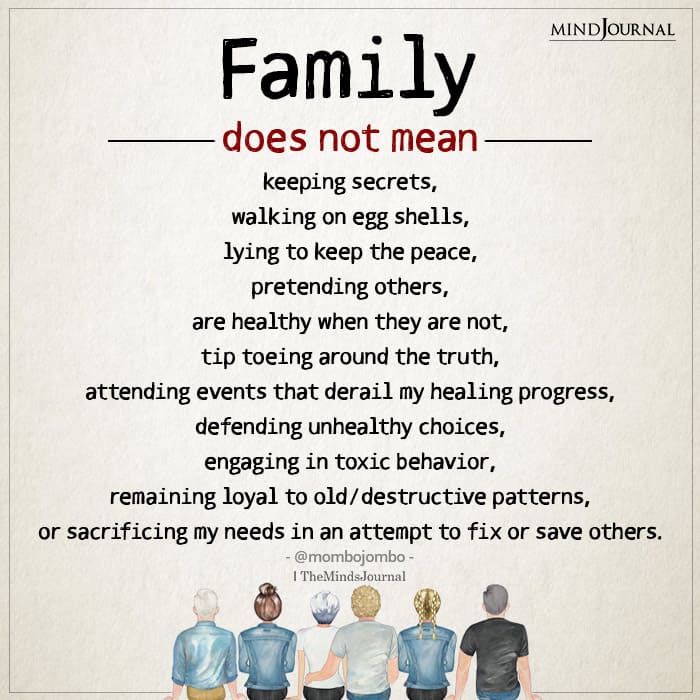
However, for other people, finding out how dysfunctional a family is can be confusing because it is not easy to identify a perfect family.
The most disturbing thing is that such families not only deny their problems but also go to the extent of punishing those who point it out.
This prevalence of gas lighting and disregard for truth in these environments can cause you to doubt your own sensitivity and perception of the family’s issues.
Children, lacking life experience, may struggle to distinguish normal from abnormal behavior in their parents or caregivers. It often takes exposure to other families or forming one’s own family to realize the dysfunction in their upbringing.
Read More: What Is Toxic Parenting? Signs And Ways To Deal With Toxic Parenting
Therefore, if you have grown up in a dysfunctional family, it may be difficult for you to recognize these traits. In order to determine whether your family was dysfunctional or not, there are a few signs that you can look at to check it out.
Signs You Grew Up In A Dysfunctional Family
Children even adolescents, usually find themselves accepting the wrong doing as part of family life when they come from a faulty background! This can complicate matters more for you in future.
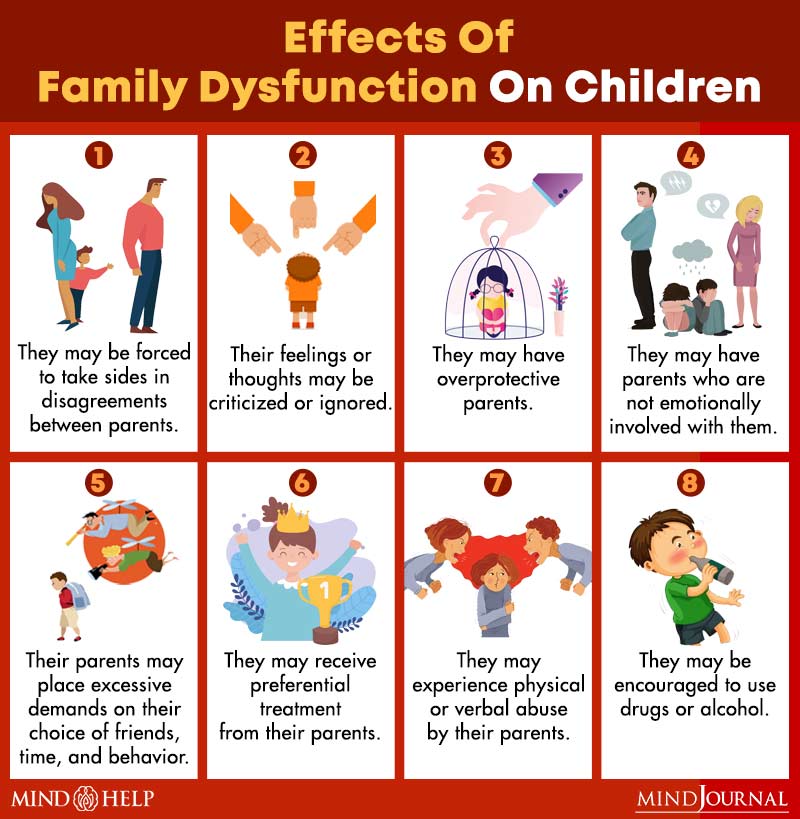
Take a look at the below signs to learn whether you grew up in a dysfunctional family:
1. Not Talking Much
That isn’t good at all when your family members cannot speak to one another but instead ends up shouting. This makes troubles and makes everyone sad. When it fades, a family is like the crumbs that help to keep all together in one place. It results in miscommunication, emotional distress, and dysfunctional families.
Read More: 6 Signs of Narcissistic Parenting and How It Shapes A Child’s Future!
2. Not Respecting Each Other
There should be respect among all the members of a good family. However, if you ever feel neglected or unacknowledged, it is a warning sign. Respecting each other means listening to others even when we do not agree. It brings about positive atmosphere in which everyone’s views count.
3. Holding Grudges
In some families, there’s a lot of built-up anger, and people end up blaming each other. It’s like everyone is mad, but it might not be your fault.
Holding grudges means not letting go of past mistakes. It’s important to forgive and move on to keep the family bond strong.
Read More: Children’s Mental Health – Signs of Mental Illness In Children
4. No Personal Space
Some families have too many people in their business. When someone says what it is okay and not okay with them, they are setting boundaries. Everyone needs their own personal space so that they can have some alone time and liberty. This helps to preserve one’s identity within the family.
Read More: What Is Snowplow Parenting | 5 Alarming Signs to Avoid
5. Not Spending Time Together
It is not correct to hit or say mean things to others. It is wrong to abuse somebody, and it shows that something is amiss. Family should be a place where people can feel safe and receive support. Hurting one another destroys that trust. Such matters have to be addressed, and assistance should be sought as necessary.
6. Not Feeling Close
Sometimes, even if you’re physically close, you might not feel emotionally close. It’s like your hearts and minds are not on the same page. Feeling close involves understanding each other’s feelings and thoughts. It’s about being there for one another.
7. Depending Too Much on One Person
In some families, everything revolves around one person. It’s like that person is the boss, and others are just there to support them.

Depending too much on one person creates an imbalance. A healthy family should share responsibilities and decisions.
Read More: What Are the Psychological Effects of Divorce on Kids? Grasping the Long-Term Impacts
8. Hurting Each Other
It is not right when people beat up others or say mean things. This means that abuse is not okay since it indicates that something is wrong. Family should be a safe place where we can get support from. If we hurt each other, then trust is broken. It’s important to talk about it, and ask for help if necessary.
9. Always Fighting for Power
Families should work together, but if it feels like someone always wants to be in charge, that’s not good. It should be fair for everyone. Constant power struggles create tension and make it hard for the family to function as a team. Finding a balance is crucial.
10. Keeping Tension
Tension is a sign of being not relaxed. It seems like the mood in the room is as if everyone is on tenterhooks. Some families however, add fuel to the fire instead of resolving it. Ignoring such signs can lead to disastrous consequences. Thus, it is important to look for underlying problems and try to make family environment more positive.
If you have these signs in your family, then find a way of talking together and taking concerted efforts of improving.
This means that addressing these issues head-on and implementing strategies for positive change are the only ways forward in dealing with what might be called a dysfunctional family.
Read More: How To Raise A Child? 5 Step Guide For Raising Happy Kids
So, how to deal with a dysfunctional family?
How To Deal With A Dysfunctional Family
You can take help from the below tips to better understand how to deal with a dysfunctional family:
1. See Your History As An Adult
Assume an adult perspective on your family history. Understand and accept dysfunction rather than justify it. Don’t deny or tolerate it, but confront the matter.
2. Let Go Of The Past
Acknowledge that you can’t change your family’s history. While there may be ongoing turmoil, focus on setting boundaries and distancing yourself when necessary.
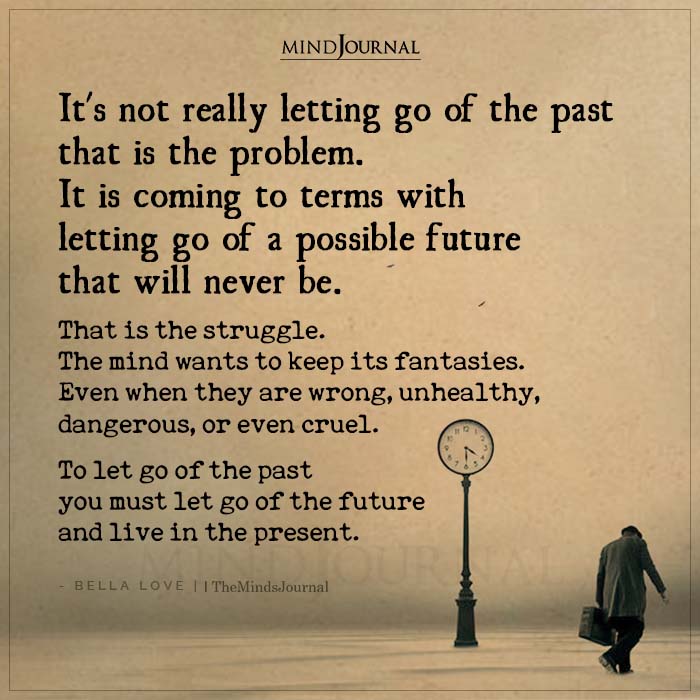
Avoid trying to compensate for lost time or fix past relationships; instead, prioritize building your own healthy and supportive family.
Read More: 10 Tips To Let Go Of Your Painful Past
3. Don’t Have The Victim Mentality
Don’t assume the role of a victim even if you had a difficult childhood. Realize the effects but aim to be a balanced, mature adult. Create a new identity that is not bound by the former, and develop enough courage in order to forgive on your own terms allowing yourself to release any lingering hurt.
Read More: What Is Childhood Trauma? 4 Signs of Lingering Childhood Hurt
4. Define Your Own Person
Expect to become a deliberate person, because the family’s dysfunction may elongate this process. Identify the qualities you should avoid with understanding of emotional abuse. You were dreaming about being the best parent or spouse ever, so make your children feel they are at home.
5. Get Family Therapy
In cases of serious dysfunction where past trauma is hindering progress, consider seeking family therapy.

Professional counseling can provide healing and support as you commit to positive changes in your life.
Read More: What Is Psychotherapy: Techniques, Types And Benefits
Dealing with what is dysfunctional family requires self-awareness, resilience, and sometimes professional help. Remember that to grow out of a dysfunctional family, you need time and an active recognition of your family dynamics.
Read More: What Are Family Dynamics? Is Your Family Dynamics Uplifting or Weighing You Down?
A Word From Mind Family
Recovery is possible for those who have managed to come up with remedies on how to deal with the challenges of a broken home. This entails recognizing dysfunctionality in a family.
Growing up in an environment full of disapproved communication nurtures emotional neglect and poor dealings among related individuals.
If you can relate to signs such as lack of communication, not respecting each other, grudges being hold, invading others’ privacy among others that may indicate that you grew up in a dysfunctional family it is necessary that such matters be dealt with directly.
Recovery also involves seeing your family background from an adult’s perspective, forgiving the past, escaping victimhood, shaping one’s identity and getting professional help through family counseling when required.
It’s a voyage which necessitates self-awareness, resilience and commitment to positive change.
Frequently Asked Questions (FAQs)
1. What is dysfunctional family?
A dysfunctional family can be identified through their impaired speech; emotional negligence and strained relationship between members. Conversely, this situation may arise out of parental drug and alcohol abuse, mood disorders, and troubled relationships that create an environment of unmet emotional needs for children.
2. What makes a family dysfunctional?
Some of these factors are impaired communication, emotional neglect and difficulties in healthy interactions. Problems such as addiction, mood disorders and strained parental relationships result in dysfunctional families that do not take care of the emotions of a child.
3. What are the signs you grew up in a dysfunctional family?
Signs that show a family is in trouble include a lack of communication, disrespect, holding grudges, invasion of personal space, limited time together, emotional distance, dependency on one person, instances of hurting each other, power struggles and overall tension within the family.
4. How to deal with a dysfunctional family?
Identifying causes objectively, stopping attachment to past events, avoiding victim mentality, creating ideal identity and going for family therapy in cases of severe dysfunction are some strategies. Making these moves will bring positive change to the lives of people and create better relationships.
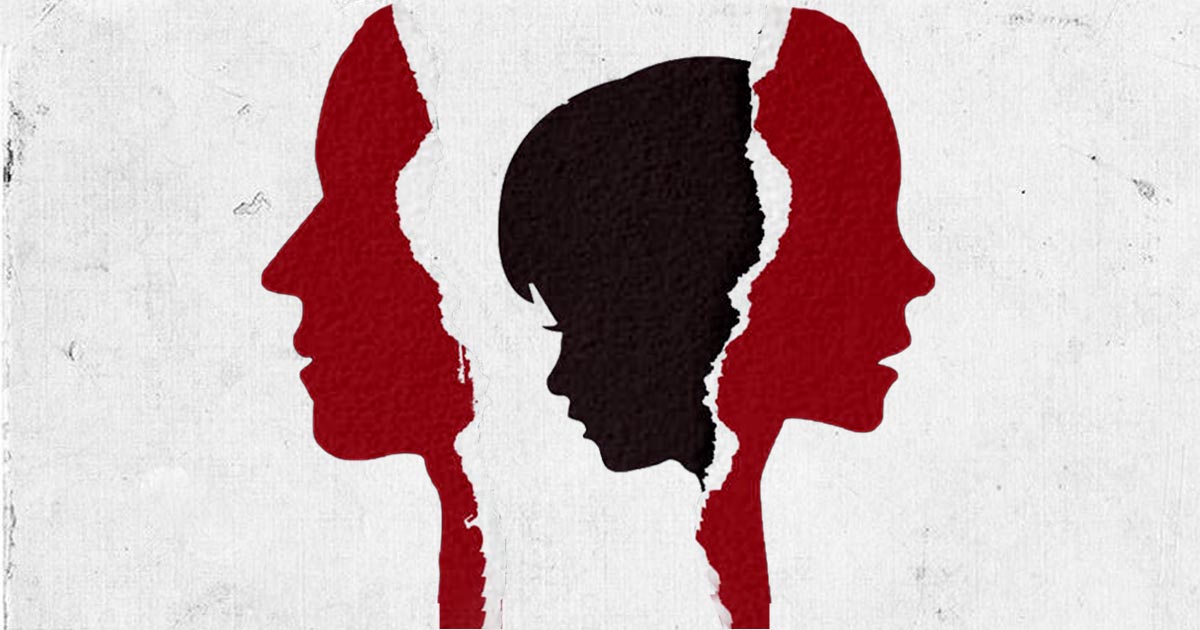





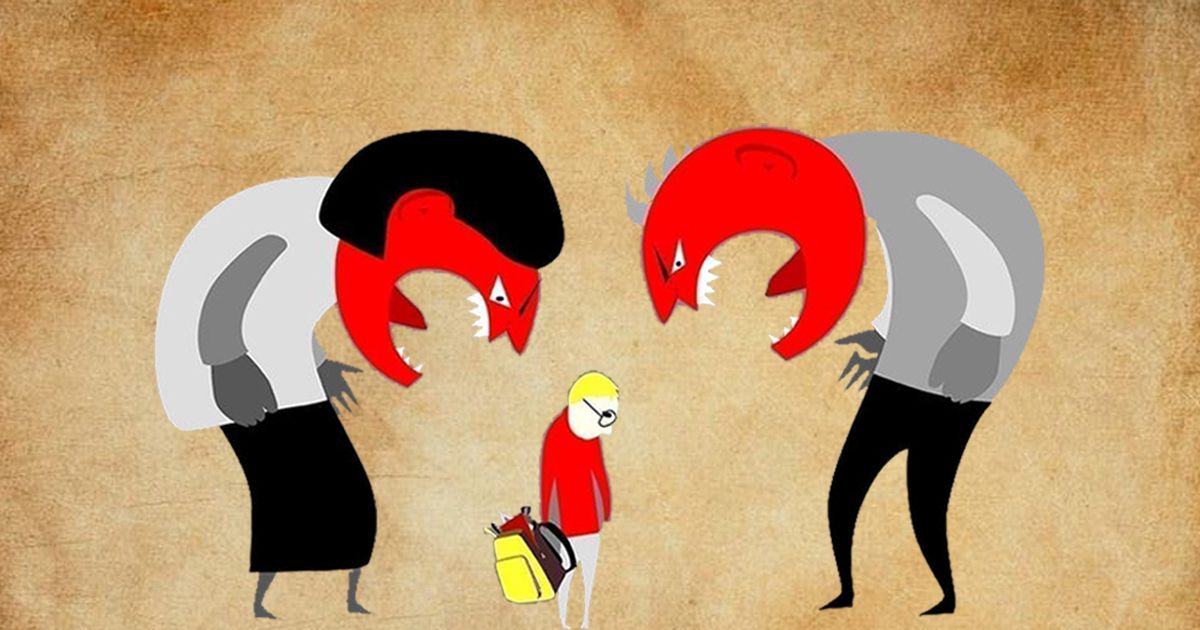
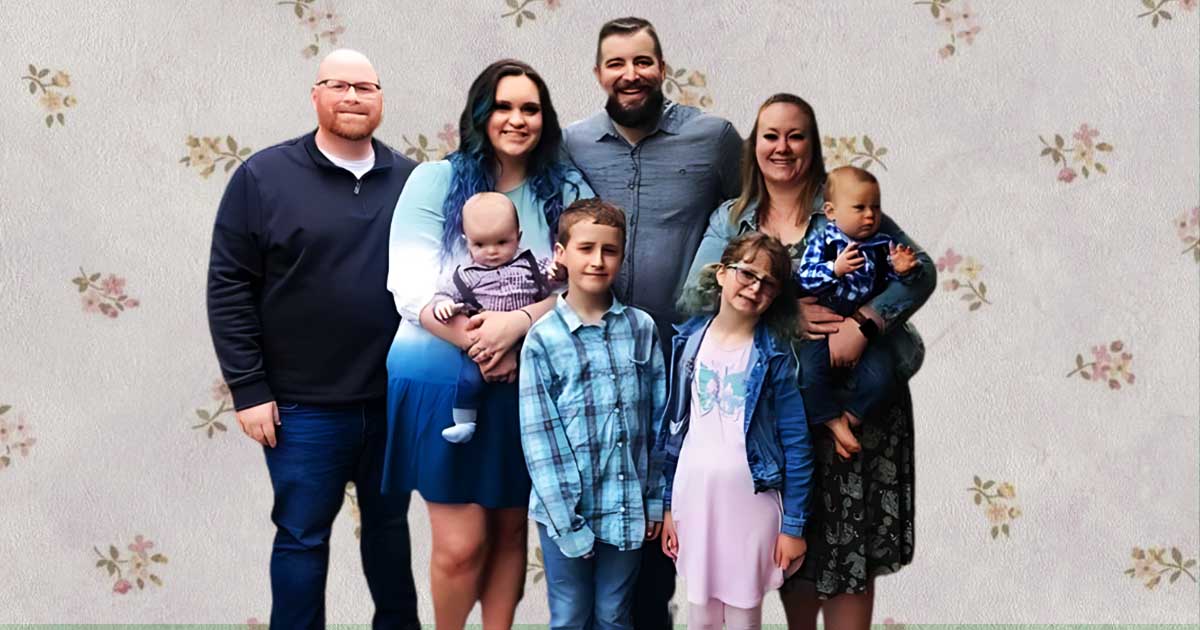
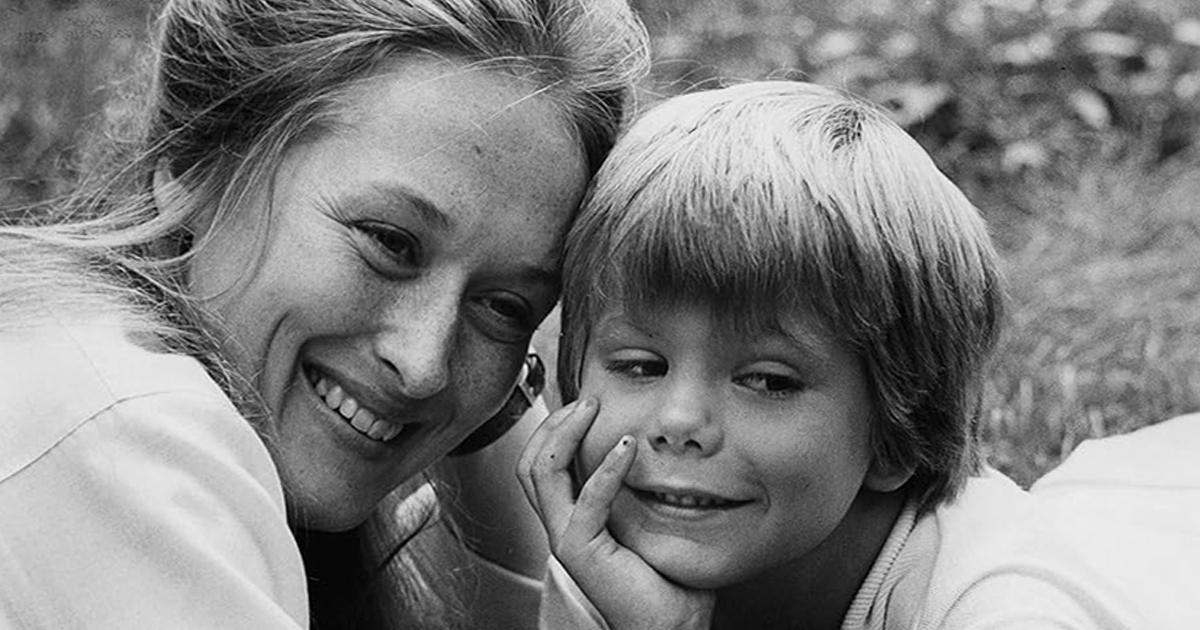
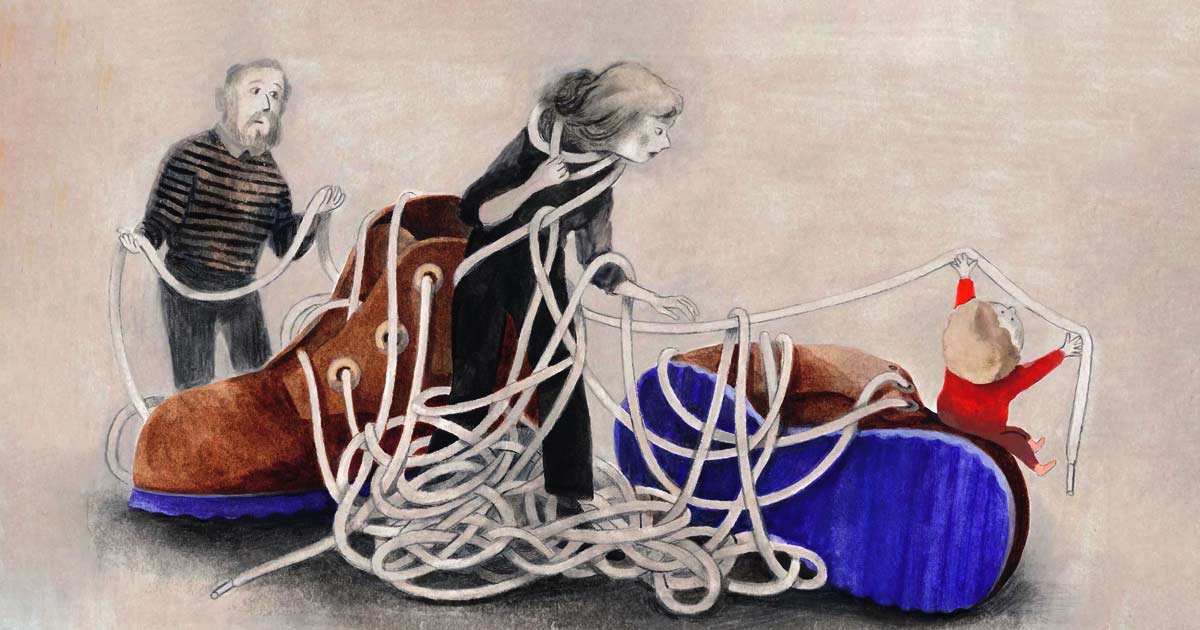







Leave a Reply